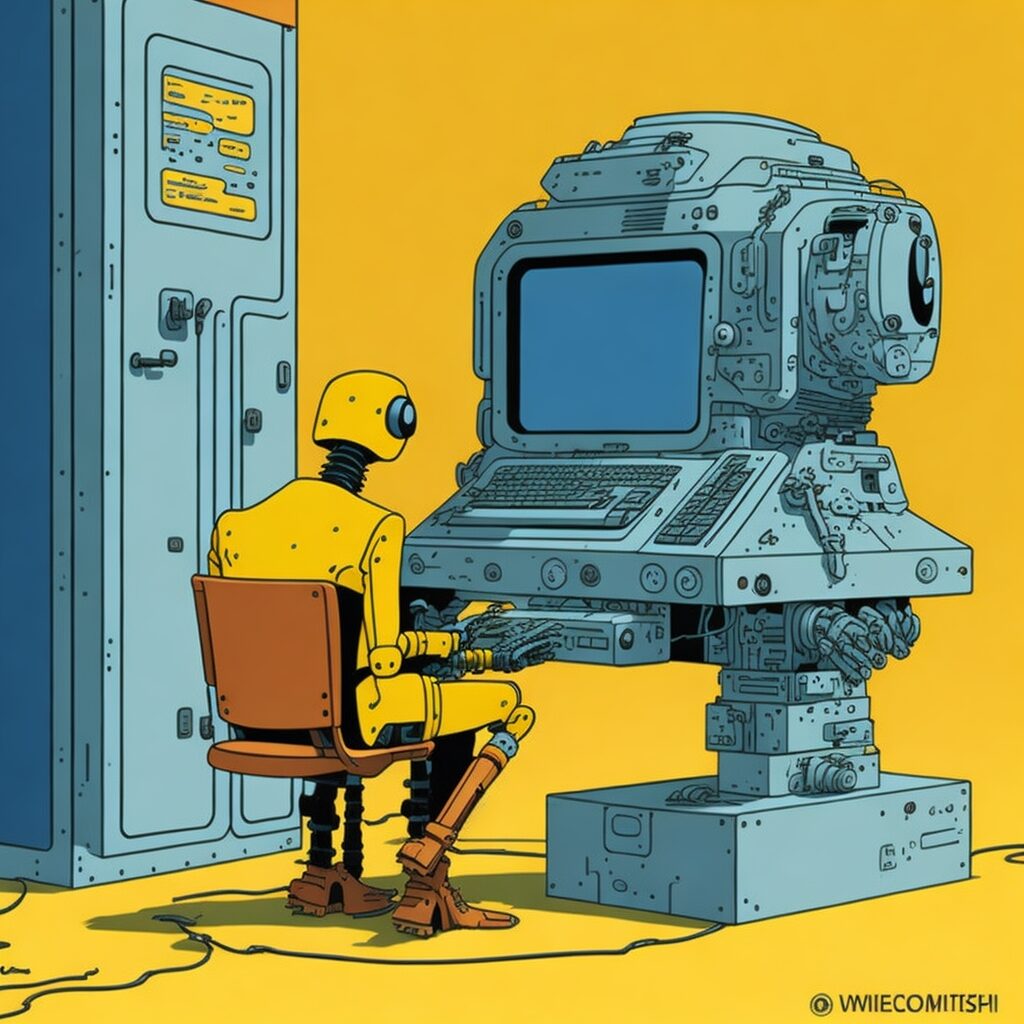Predictive AI – Your Crystal Ball for the 21st Century

Today we explore predictive AI – systems that analyze data to forecast future outcomes. We learn how techniques like machine learning help uncover patterns to make calculated predictions about the future across industries like healthcare, finance, and more. While promising, predictive AI has limitations around accuracy that require ethical oversight. Overall, these technologies can enable better decision-making through data-driven insights into likely future events before they occur. However, it is up to us to build the brightest future possible powered by AI.
This podcast was generated with the help of artificial intelligence. We do fact check with human eyes, but there might still be hallucinations in the output.
Music credit: “Modern Situations by Unicorn Heads”
Start listening:
Or Listen On Your Favorite Network:
Don’t want to listen to the episode?
Here you can read it as an article!
The Rise of Predictive AI – A Look into the Future
Introduction
Welcome eager listeners! I’m delighted to have you joining me once again for another captivating episode of “A Beginner’s Guide to AI”. In today’s episode, we’ll be exploring the fascinating world of predictive artificial intelligence. As many of you know, AI is rapidly transforming numerous industries by analyzing data to identify patterns and make predictions about the future. The applications of predictive AI span across sectors like healthcare, finance, transportation, retail, and more.
What is Predictive AI?
At its core, predictive AI refers to systems that analyze current and historical data to make predictions about unknown future events. The key words here are “predict” and “future”. Predictive AI is all about using machines to foresee what might happen, as opposed to simply reacting to the present.
These systems utilize techniques like machine learning, deep learning, and advanced statistical modeling to uncover patterns and insights that can inform future outcomes. The algorithms “learn” from training datasets, continually enhancing their analytical capabilities over time.
Case Study: Predictive AI in Healthcare
One of the most impactful applications of predictive AI is in healthcare. Let’s look at how one hospital implemented predictive AI to improve patient care. Memorial Sloan Kettering Cancer Center in New York treats over 20,000 cancer patients each year. To enhance patient outcomes, the hospital partnered with Paige, an AI startup focused on healthcare. Together, they developed an AI system that reviews medical images and predicts whether a patient is at risk of developing complications. Within just 8 months of deployment, the predictive AI led to a 10% reduction in complications at Memorial Sloan Kettering.
Real-World Applications
Predictive AI is being widely adopted across industries like healthcare, financial services, manufacturing, and more to drive better decision-making.
Limitations and Risks
While promising, predictive AI also has limitations around accuracy. Outcomes, especially for rare events, are not guaranteed. Going forward, companies need to weigh the benefits versus potential risks as they evaluate integrating predictive AI.
The Future with Predictive AI
The era of predictive analytics is only just getting started. While we can’t actually see into the future, AI gets us closer than ever before. I hope you’ve walked away with a deeper appreciation for predictive AI and how it may soon impact your world, both as professionals and consumers.
Want to explore how AI can transform your business or project?
As an AI consultancy, we’re here to help! Drop us an email at info@argo.berlin or visit our contact page to get in touch. We offer AI strategy, implementation, and educational services to help you stay ahead. Don’t wait to unlock the power of AI – let’s chat about how we can partner to create an intelligent future, together.



